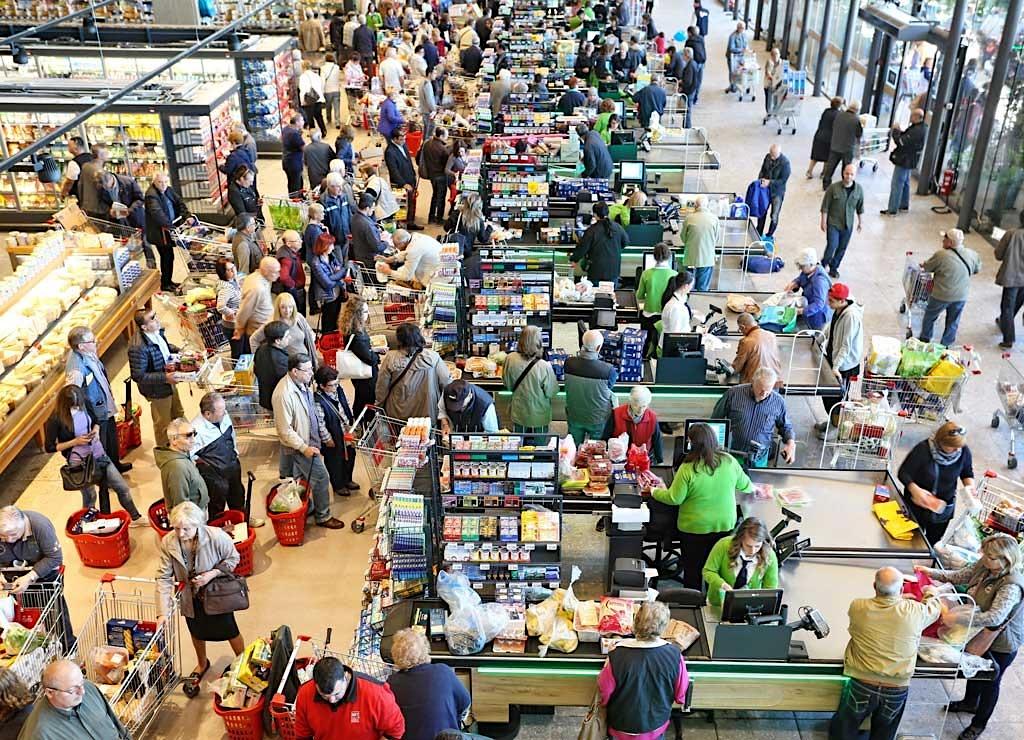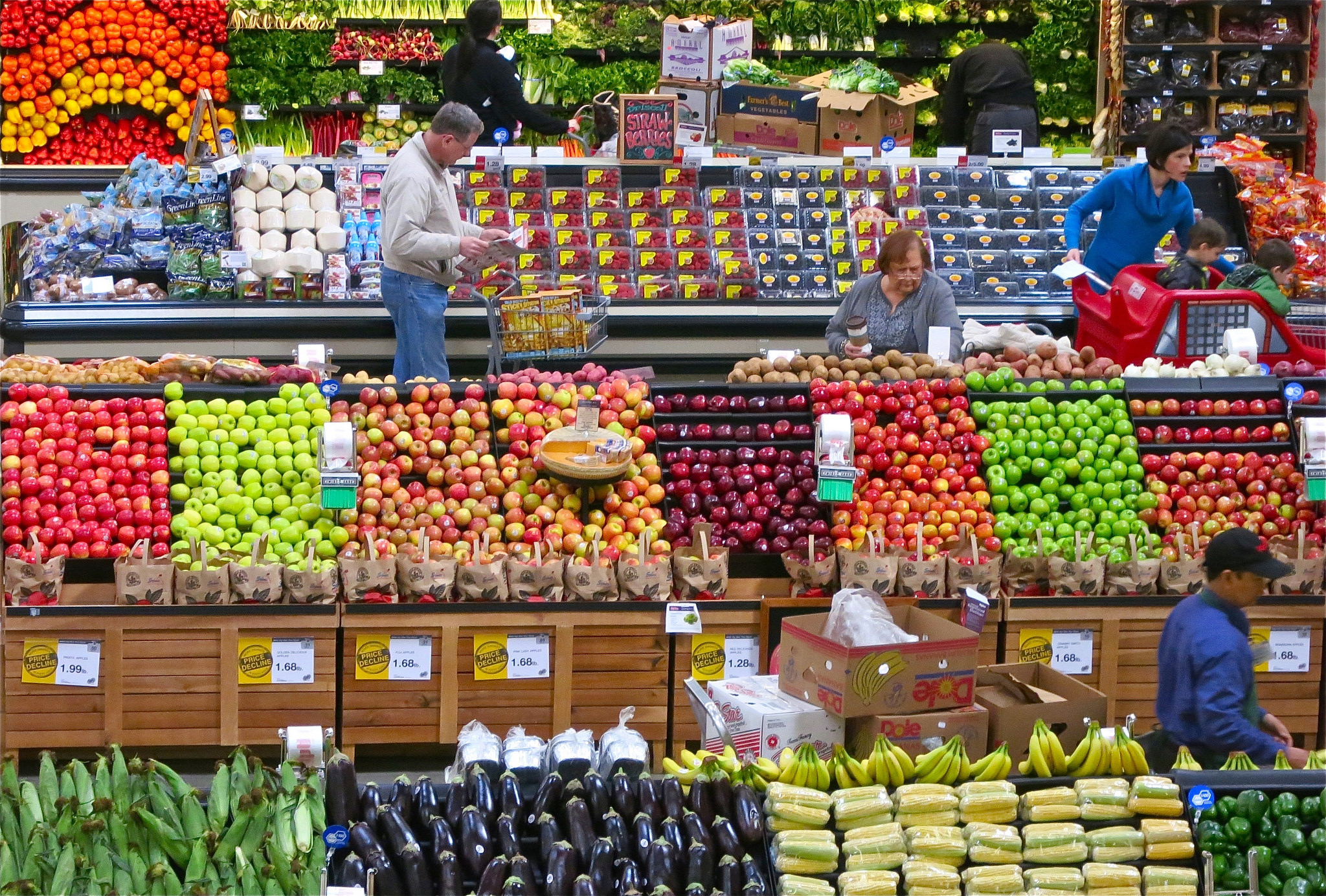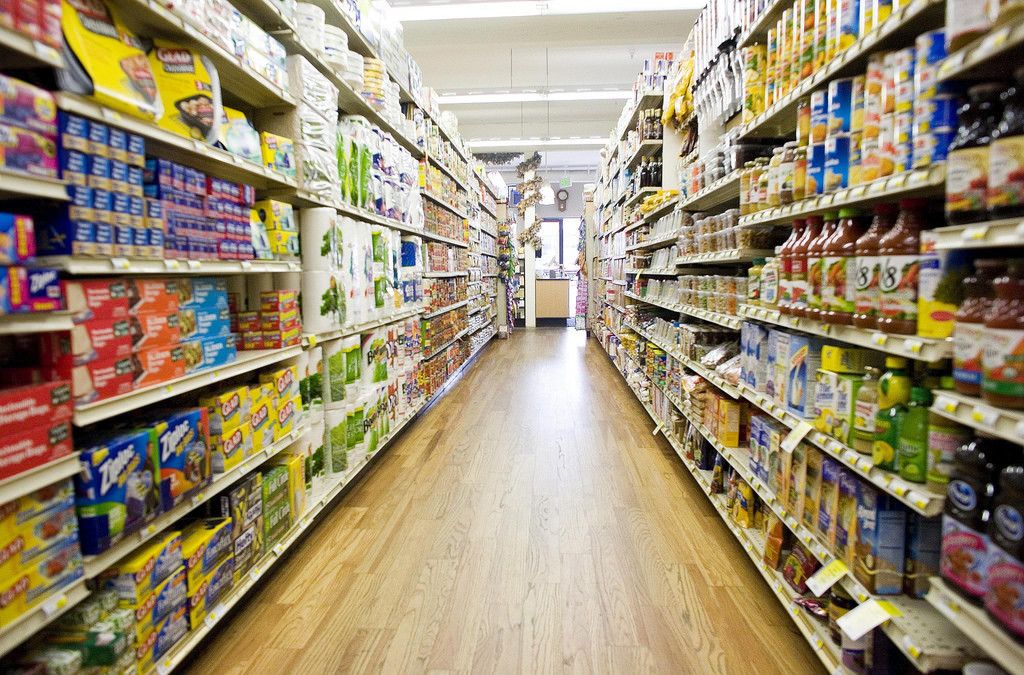
Business & Economics
Amazon’s arrival can drive innovation and improvement

Consumers have a love-hate relationship with our two largest supermarkets. But Australia’s grocery sector is set for a shake-up with the entry of AmazonFresh and Kaufland. What will this mean for regulation designed to reign in the buying power of Coles and Woolworths?
Published 18 October 2017
Earlier this month, German ‘hypermarket’ Kaufland purchased land in Adelaide, signalling its imminent entry into Australian grocery markets. It joins online giant Amazon, whose move to start warehousing here is being widely touted as likely to impact the way we shop, not just for books, but just about everything including our weekly groceries.
Australia’s grocery sector has been long dominated by Coles and Woolworths, with the two homegrown businesses accounting for 60– 70 per cent of a substantial proportion of grocery categories nationally.

Yet despite this success consumers have mixed feelings about the two chains.
When asked why they shop there, the rather prosaic response from most is, ‘convenience’. At least one overall satisfaction rating places the big two behind Foodland, Aldi and the IGAs.
Coles’ parent company Wesfarmers is the largest in Australia, with a total revenue of $66,216 billion last year, second only to Woolworths. These businesses also employ more than 300,000 people, make substantial charitable contributions and are on the front foot with ‘green’ initiatives.
But consumers readily switch between them and to alternatives, including large foreign multinationals and, increasingly, local farmers’ markets. Since launching in Australia in 2001, the German discounter Aldi has grown to become Australia’s third largest supermarket, with an 8.9 per cent market share.

Business & Economics
Amazon’s arrival can drive innovation and improvement
In part, consumers have been won over by Aldi’s low prices. But shoppers’ ambivalence towards Coles and Woolworths is more complex than that. Australians have an ingrained attachment to the ‘fair go’ – an ethos of championing our ‘battlers’ while remaining wary of ‘tall poppies’.
Until relatively recently, the success of Australian businesses was readily embraced in our support for the ‘underdog’. The rise of individualism in the 1980s, the introduction of National Competition Policy in the 1990s and with it sweeping deregulation and privatisation, along with increased globalisation, has fractured this support.
As Australian companies, including Coles and Woolworths, went in search of competitive advantages, their bonds with the community loosened. Cheaper prices and more convenience, while enthusiastically received by many, have been seen by some as coming at the expense of a ‘fair go’ for small suppliers and struggling farmers. On top of that, Australian Competition and Consumer Commission litigation and damaging publicity have not helped.
Despite being seen by many as a duopoly, in fact independent reviews have repeatedly concluded that grocery retail competition is working. And over the last decade it has intensified.
There was the dramatic upturn in Coles’ performance after its takeover by Wesfarmers and the surge of Aldi. More recently Woolworths has come back. Price wars rage on and supermarkets continue to strive for cost efficiencies.

As a result, margins have been squeezed, processors have consolidated and own-brand products have proliferated. Combined with rising energy costs and currency fluctuations, this has meant considerable pressure on every level of the supply chain.
Australians don’t necessarily begrudge the success of those competing hard, but it seems they do want their competition fair.
And regulators are responding, not just to fairness as a social concern but as much, if not more, as an economic one. Almost 99 per cent of Australia’s food processors and wholesalers are small-to-medium size businesses. At the very least they need confidence in their supply contracts to survive. When it comes to dealing with powerful retailers, unsurprisingly, many have battled to secure this on their own.
A voluntary yet enforceable code of conduct regulating relations between the chains and suppliers was introduced in 2015. Signs are that Coles and Woolworths are committed to compliance. Yet, despite some suppliers reporting improved transparency and certainty in terms of trade, faith that the code can or will address the power imbalance is far from uniform.
A government review is due in 2018, but it will be in the context of competitive dynamics that are in continual flux.

Business & Economics
The changing face of shopping
So what does the arrival of new players such as Kaufland and AmazonFresh mean for regulation of our supermarket sector?
On one side, more competition may render the code obsolete as suppliers have more channels to market.
What’s more, Coles and Woolworths might well consider themselves at a disadvantage, constrained in their transactions with suppliers in ways that their new rivals are not.
The code is not mandatory. Will Kaufland and Amazon sign up? Aldi, despite having minimal input into the design of the code was the first to subscribe - a show of good faith, or a strategy of political appeasement perhaps. Costco has not opted in, viewing the code as irrelevant to its business model - a stance that Kaufland and Amazon might well also take.
Another view contends that the code will retain, and possibly increase its relevance. Asymmetry in bargaining power will remain – small suppliers will simply have more Goliaths to contend with.
What will consumers make of all this? If past experience is anything to go by there is good reason to think that we will give these new contenders a fair go.
On Friday 27 October a public symposium led by a Melbourne Law School research project will bring together voices from across industry, government, civic society and academia to explore the issues and options for a fair and competitive grocery sector.
Banner image: Flickr/ Paul Townsend